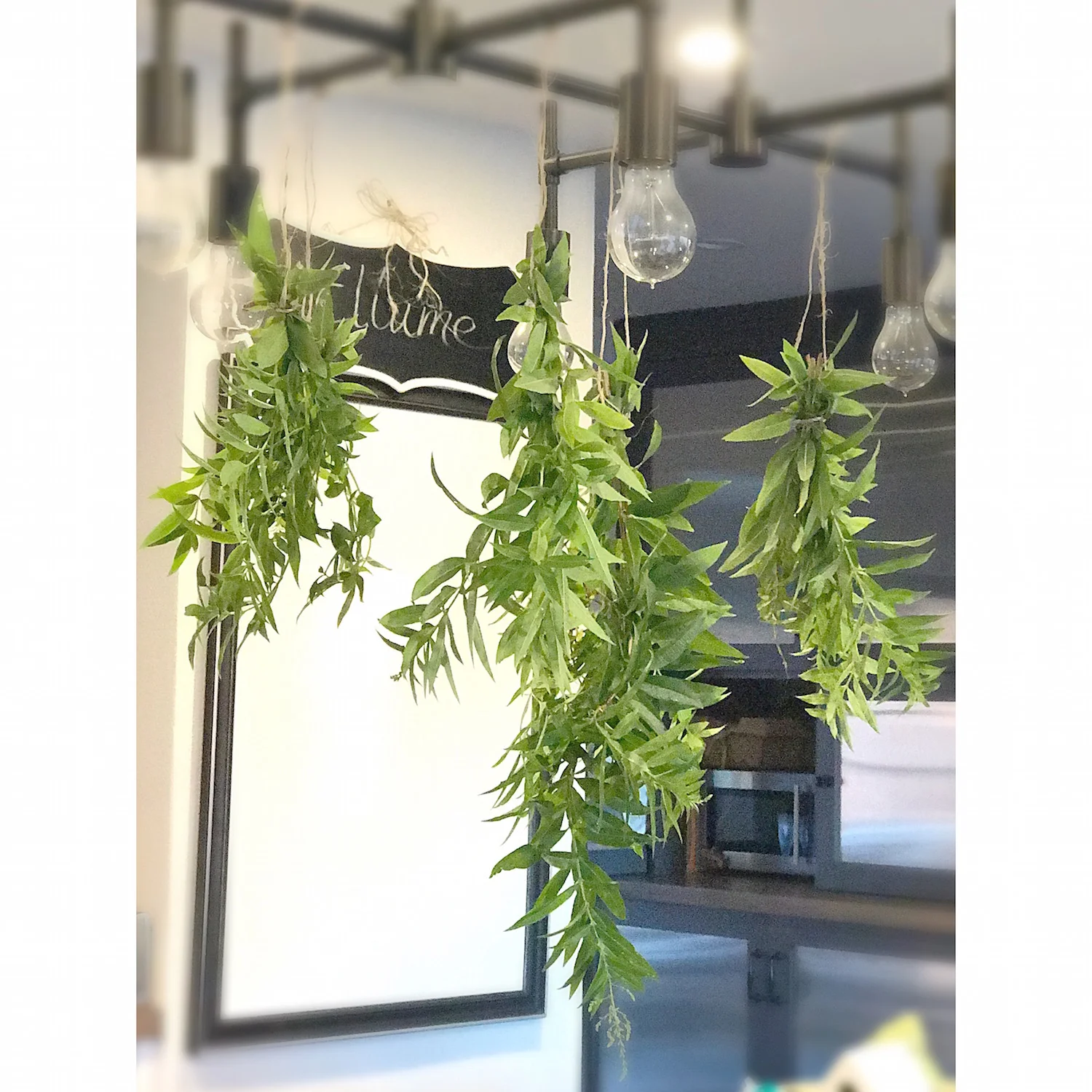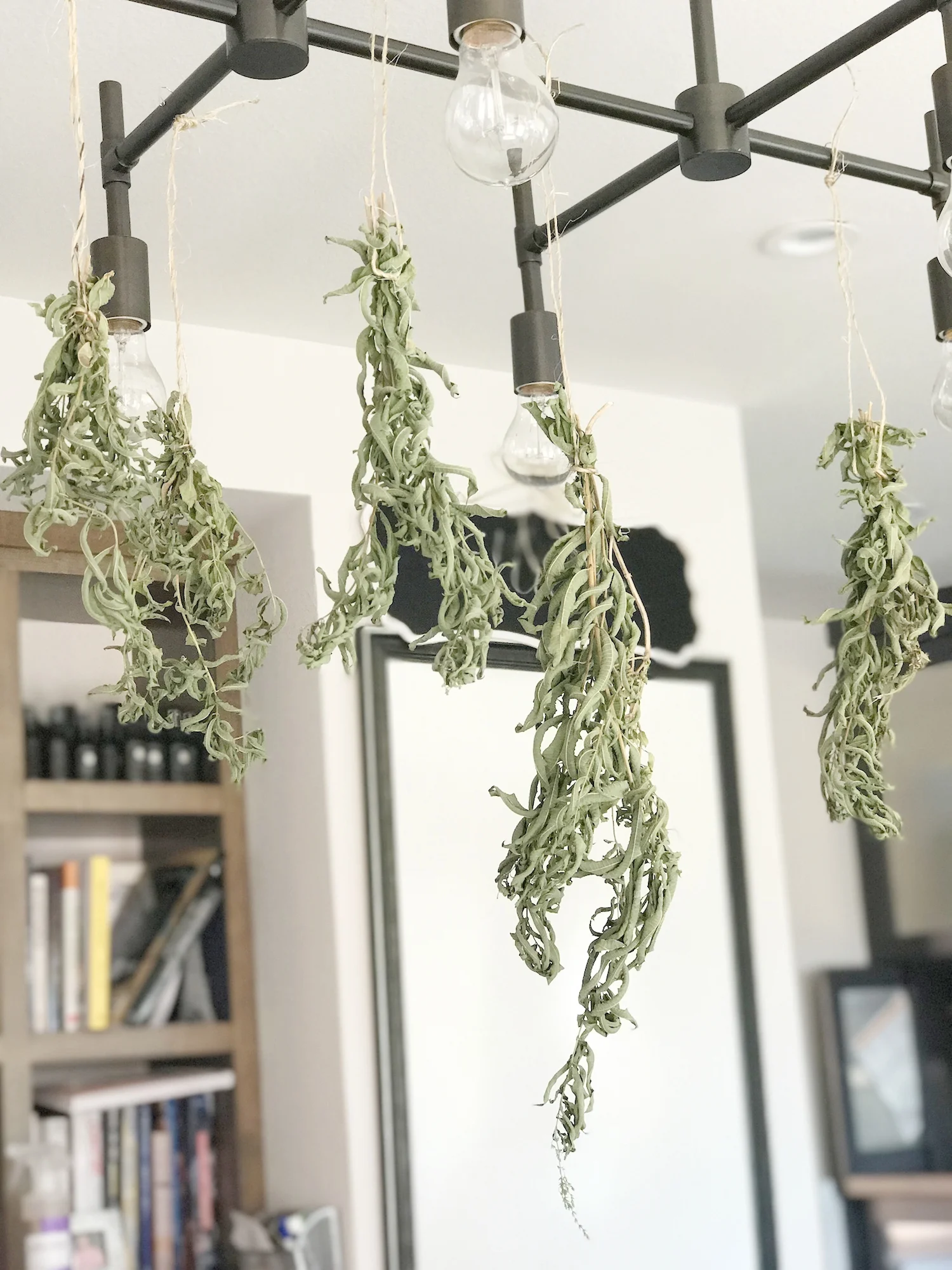How a Cup of Tea Can Give you Peace of Mind
Hurricane, earthquake & fire tragedies, mass shootings, threats of Nuclear warfare, social and political injustices, and the list goes on... ...
I don’t know about you, but I’ve been finding it hard to maintain a “business as usual” frame of mind this year. My heart and mind grows heavy with each news of such tragedies that are affecting our friends and family around the world, which in turn, contributes to an undercurrent of a sense of insecurity, grief, and sadness for the state of our collective home.
While navigating through an increasingly complex world in which we must navigate through our thoughts & feelings about what we can do to help, I find myself increasingly seeking the comfort of the most basic things in my life - a few moments of warmth bathed in the bright light of the sun, catching glimpse of fresh new growth in the garden; or my favorite and perhaps the easiest, with the most long-lasting effects - a simple cup of homegrown tea.
A cup of tea is a simple and yet powerful remedy to help relieve your anxieties and calm your nerves. Along with these mental health benefits, a simple cup of tea contains powerful antioxidants and nutrients which contribute to many physical benefits, including having a positive impact on your immune system and muscle development.
While many different kinds of teas can provide these important benefits, my personal favorite go-to tea for instant stress-relief right now is Lemon Verbena.
What is Lemon Verbena?
If you’ve never heard of this before, Lemon Verbena, or its scientific name, Aloysia citrodora is a plant that is native to western South America, brought to Europe by the Spanish and Portuguese in the 17th century for cultivation of its amazingly beneficial oils. Lemon verbena is a perennial shrub or subshrub growing to 2–3 m high, producing tiny sprays of white or purple flowers in late spring or summer. The 8-cm-long, glossy, pointed leaves are slightly rough to the touch and emit a powerful scent reminiscent of lemon when bruised (hence the Latin word citrodora—lemon-scented).[4]
Physical Benefits
Aid and Improve Digestion
Lemon verbena’s anti-spasmodic traits can help ease and lessen any swelling or discomfort in the stomach and digestive system. These soothing properties have been used in many different cultures throughout history to help aid and improve digestion. If you experience consistent bloating, cramping, indigestion, or any other types of discomfort within your digestive system, this tea can be an excellent option for lessening these painful systems. Lemon verbena tea’s anti-spasmodic traits and digestive aid have even been known to assist men and women with weight-loss.
Boost Immune System
A study in 2012 discovered that athletes who took lemon verbena supplements actually experienced lower amounts of oxidative stress and higher levels of white blood cells. Oxidative stress is known for weakening the immune system, and white blood cells are essential for strong immune health. Lemon verbena is also known for reducing fevers, nasal congestion, and other common cold symptoms through its antipyretic and expectorant properties. Integrating lemon verbena tea into your lifestyle can provide you with the same benefits and important steps towards decreasing cold symptoms and strengthening your immune health.
Strengthen Muscles
A unique benefit lemon verbena can provide is the ability to strengthen muscles. When using this tea as a supplement to your exercise routine, its high antioxidant levels can decrease damage caused by extensive physical activity. While doing so, it also does not hinder or stunt muscle growth and development, or decrease stamina. This combination of benefits show that lemon verbena tea is an excellent option for a pre-workout supplement.
Reduce Inflammation
If you experience sore joints, especially from painful arthritis or past injuries, lemon verbena can help ease this kind of pain. Studies have shown a direct correlation between anti-inflammatory properties and lemon verbena, leading to reduced joint aches and pains. The key ingredient in this tea that helps lower inflammation and decreases joint and muscle pain is verbascoside, which reduces inflammation through lowering oxidative stress symptoms in the body.
Mental Benefits
Decrease Stress and Anxiety
While drinking many different kinds of tea can help reduce stress and calm your nerves, lemon verbena’s antioxidants can have a large positive effect on naturally lowering anxiety levels. If you experience constant overwhelm and stress in your life, integrating lemon verbena tea into your regular routine can help assist with decreasing these anxieties and stress, helping you live a happier and more productive lifestyle.
Improve Sleep
If stress or other factors are leading to restless nights and insomnia, try drinking lemon verbena at some point throughout your day. Along with its previously mentioned stress reducing qualities, a combination of lessened anxieties, nerve relaxation, and reduced muscle tension from both physical and psychological stress can all lead to a more sound night of sleep.
Make Your Own Tea
If you could use more of any one of the many benefits of Lemon Verbena and want to try it for yourself, you could always buy it online or in retail shops. Due to its fairly recent growth in popularity, it’s now available in almost any grocery store, tea, or healthfood outlet. An ounce or two of Lemon Verbena could run you anywhere from $5 for a box of 10 conventionally grown tea bags to $20 or more of an ounce or two of organic high grade loose leaf tea (including the beautiful tin box or packaging, of course).
As much as I loved Lemon Verbena Tea, I admit that cost was a huge factor to motivate me to grow and make my own. Once I got into it, I discovered just how easy it is to grow and make this amazing tea in my own backyard.
Growing Tips
As an amateur gardener, and having no previous experience growing Lemon Verbena, I first planted a starter plant in a patch of dirt that was as hard as clay, and was partly in the shade. In my business and laziness, I had not bothered to read up on how to grow it because the gal at the nursery had told me how easy it is to grow. “You just pluck it into any old spot and it’ll grow like weeds!” she had convinced me. Well, guess what? It’s not that easy. Not surprisingly, this first plant did not thrive, although it did survive for several months.
Subsequently, I discovered that while Lemon Verbena is a pretty easy plant to grow and cultivate, it does require a few basic conditions to flourish. On my second attempt, I planted another starter in a more sunny area, and amended (replaced) the clayish soil that’s almost everywhere in my backyard with some loose, well-draining compost/gardening soil mix.
I made sure to watch the moisture level every day, watering every other day or every 2 days, until I saw that it was starting to grow larger. Once it was well established (it doubled in size), I began to cut back on the watering a bit, and then trimmed it on the ends a bit to encourage a fuller, outward growth so that it doesn’t grow into long & spindly branches.
I found starter plants that were about 6” high in my local nursery, so I had a little bit of a head start. You can also start seeds in loose, well-drained soil indoors in early spring, or almost any time of year, really, and then move it outside when the weather warms up. It wasn’t long until I found that my beautiful Lemon Verbena plant had grown into a giant bush about waist high! That’s when I knew it was time to harvest! To harvest, I simply cut the fullest, fattest branches with the biggest, darkest green leaves down to a quarter inch of the nearest growth node (the intersection of small, new growth), which will allow for new growth to take place beneath the cutting.
I cannot begin to tell you how good it smelled while I was harvesting, and how joyful and beautiful it was to see all the beautiful green branches collected in my large, round harvest basket. I was so lost in amazement and taken with the therapeutic effects of the fresh, citrus scent that I forgot to take a photo of the harvest! However, I did manage to take a few photos of the bundles after I tied them for drying.
From Plant to Teacup
Like most people, I had never made my own tea before. I had always bought it from the store, and assumed that there was some other complicated thing tea growers do to grow and make it. It wasn’t until I visited various tea plantations across Japan, China, and Hawaii that I began to realize that it’s not as complicated as I had thought. Granted, there is a bit more to growing large acres of tea plants, and a lot to consider when drying massive quantities of tea leaves, not to mention the many details involved in blending different kinds of teas, etc…But, if you’re just growing herbs and plants at home for your own use, in small areas, it is really quite easy.
After harvesting, I simply gathered the best leaves, washed them (always keep it clean) carefully, dried them with a cotton dish towel, and then bundled the branches. To bundle, simply gather a few long sprigs at the base, wrap the bundle tightly with a rubber band (which will contract as the plants dry so as to keep them gathered), and then tie with a long strand of yarn and hang in a cool, dry area. Within a couple of days, you’ll have made your very own batch of Lemon Verbena Tea!
Why grow your own?
For me, the best reason to grow my own tea is obvious - you know where it came from. You know the dirt it grew in, you nursed it until it thrived, you cut it yourself, you know where and how it was dried, and you stored or packaged it yourself. To see something from start to finish, to know a plant in its entirety, and then to drink and smell, feel the fragrant and medicinal effects of this amazing plant as it hits your senses is truly nothing short of a miracle. It is a gift from Nature, and growing it yourself at home from garden to teacup is a gift to yourself. I hope you’ll try it, and find out for yourself how wonderful it is. And don’t hesitate to ask me any questions or let me know how it goes. ;)
~E
Resources/References:
https://bonnieplants.com/growing/growing-lemon-verbena/
http://homeguides.sfgate.com/prune-lemon-verbena-51520.html
https://www.organicfacts.net/health-benefits/herbs-and-spices/lemon-verbena.html



